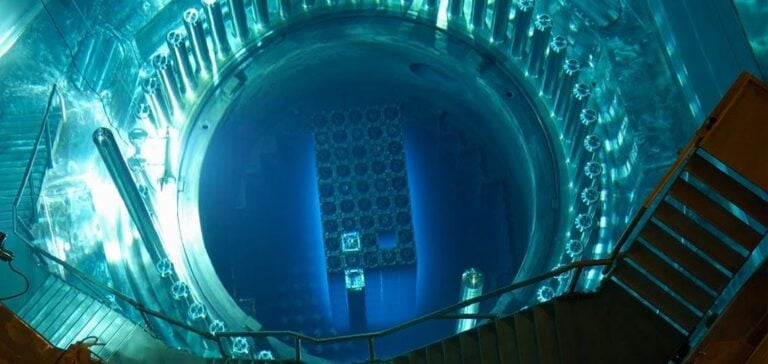Deep Fission raises USD 4 million in a pre-seed financing round.
The funding, led by the 8VC fund, is aimed at accelerating the company’s plans to develop underground nuclear reactors.
The main objective is to take advantage of natural underground conditions to design more compact facilities, while reducing infrastructure costs and improving operational safety.
Deep Fission’s approach is based on the use of conventional nuclear technologies, but in an unconventional environment.
Reactors are installed one mile below the surface, eliminating the need for large containment structures.
This configuration significantly reduces costs, while maintaining a high level of safety.
Unlike emerging nuclear reactors, which require specific supply chains, Deep Fission uses commercially available low-enriched fuel, which reduces the risks associated with development delays.
A strategic turning point for underground nuclear power
Founder and CEO, Elizabeth Muller, emphasizes that this round of funding will enable Deep Fission to focus on strengthening its teams, advancing its regulatory processes, and preparing the commercialization of its technology.
The company has already achieved several key milestones, including finalizing a conceptual design, submitting a regulatory commitment plan to the Nuclear Regulatory Commission (NRC) and organizing a review meeting with this body.
The decision to install the reactors underground is not just a technical innovation.
It is a strategic response to the demands of safety and economic competitiveness in the nuclear sector.
By integrating proven concepts in an optimized environment, Deep Fission offers an alternative that could redefine industry standards.
This initiative positions the company as a player capable of transforming current nuclear paradigms, offering more economical and safer solutions, while integrating harmoniously into existing infrastructures.






















